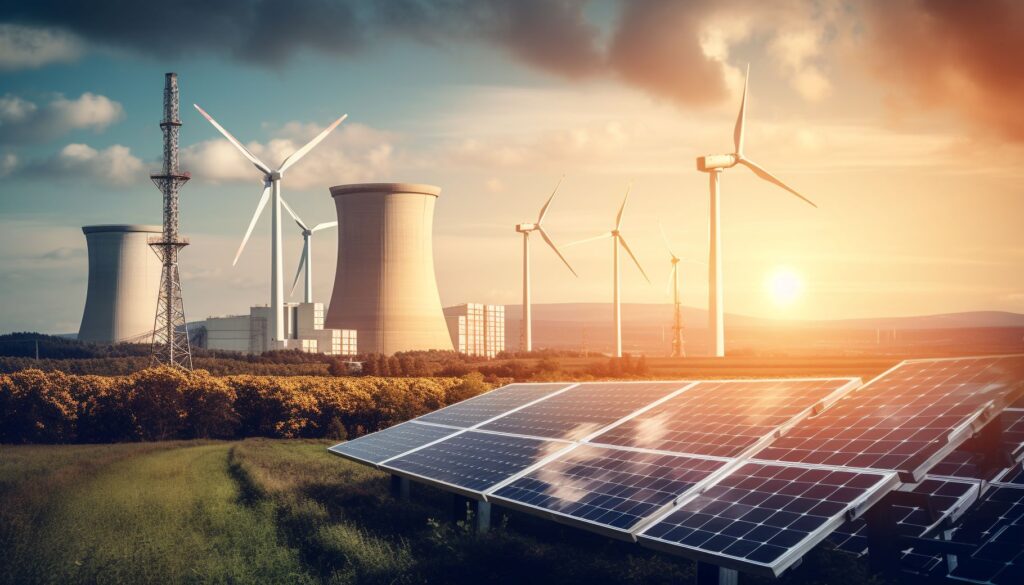The steady expansion of artificial intelligence (AI) and its increasing integration into more and more products could, in the foreseeable future, create an enormous global electrical power demand equivalent to that of a medium-sized country today. This is the conclusion of research by Alex de Vries of the Vrije Universiteit Amsterdam. De Vries has so far become known primarily for his research on the sustainability of cryptocurrencies.
The researcher did not base his estimates of the power consumption of AI technology on vendor data. Instead, he performed a calculation based on the likely consumption levels of the AI chips that the company Nvidia, as the global market leader, plans to sell in the coming years. His forecast concludes that the power consumption of these chips could equal the entire current power consumption of the Netherlands by 2027.
In the research article, which is available to the public, de Vries acknowledges that it is difficult to accurately predict the future development of electricity consumption caused by AI. He emphasizes that particularly optimistic as well as extremely pessimistic scenarios should be viewed with caution. Nevertheless, he points out that the integration of AI into systems such as Google Search could result in a significant increase in power consumption, which makes this research particularly important.
In addition, his research could help business leaders critically examine the potential implementation of AI and question its necessity. In addition, legislators could be required to introduce stricter disclosure requirements regarding energy consumption.
In his analysis, de Vries estimates that Nvidia’s AI chips could consume between 85 and 134 TWh of electricity annually within the next four years. This would be equivalent to about one-fifth of Germany’s total electricity consumption or the total consumption of the Netherlands. With this value, the share of AI chips in global electricity consumption would reach about 0.5 percent, which is about half of the total electricity consumption of all global data centers today.
Depending on the source of the electricity, AI could make a significant contribution to global CO₂ emissions. Recently, a research group argued that training AI requires significant amounts of water, which has drastically increased Microsoft’s consumption recently, for example. Overall, knowledge about the impact of the AI boom on global sustainability goals is still quite incomplete.
